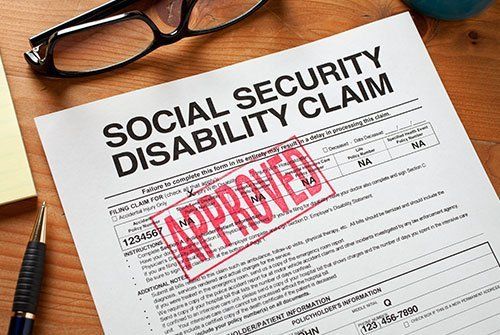Defining “Disabled"
One main difference between the two programs is that the VA and Social Security have different definitions of “disabled.” To be eligible for SSD benefits, an individual must demonstrate that he or she is totally disabled and contributed to the system for a specific amount of time.
By contrast, to qualify for VA benefits, a person must prove he or she has a service-related disability. This disability can range from zero percent disabled to 100 percent disabled. In response, the VA awards a rating based on the person’s degree of disability. The disability rating indicates the person’s rate of compensation.
Furthermore, just because someone receives a zero percent disability rating from the VA does not mean he or she will never qualify for VA benefits. Individuals can reapply in the event their service-related condition becomes worse.
Income-Based Benefits
Another important difference between SSD benefits and VA benefits is that VA benefits do not have income or work requirements. This means a person receiving VA benefits is permitted to keep working.
Improved Chances of SSD Benefits
If the VA gives a person a high disability rating, he or she generally has a greater likelihood of getting approved for SSD benefits. However, the reverse is not always true. Receiving SSD benefits does not always mean a better chance of being granted VA benefits. Because a disability must be service-related to make an individual eligible for VA benefits, a grant of SSD benefits does not necessarily increase a person’s chances of obtaining VA benefits.
Alabama Disability Lawyer
If you need to apply for or appeal a denial of Social Security Disability and/or Supplemental Security Income benefits, contact us today for a free consultation or fill out our online form.
At Green Disability Law, we are proud of our Social Security case record, and we are proud to serve our neighbors in South Alabama. We look forward to assisting you.



